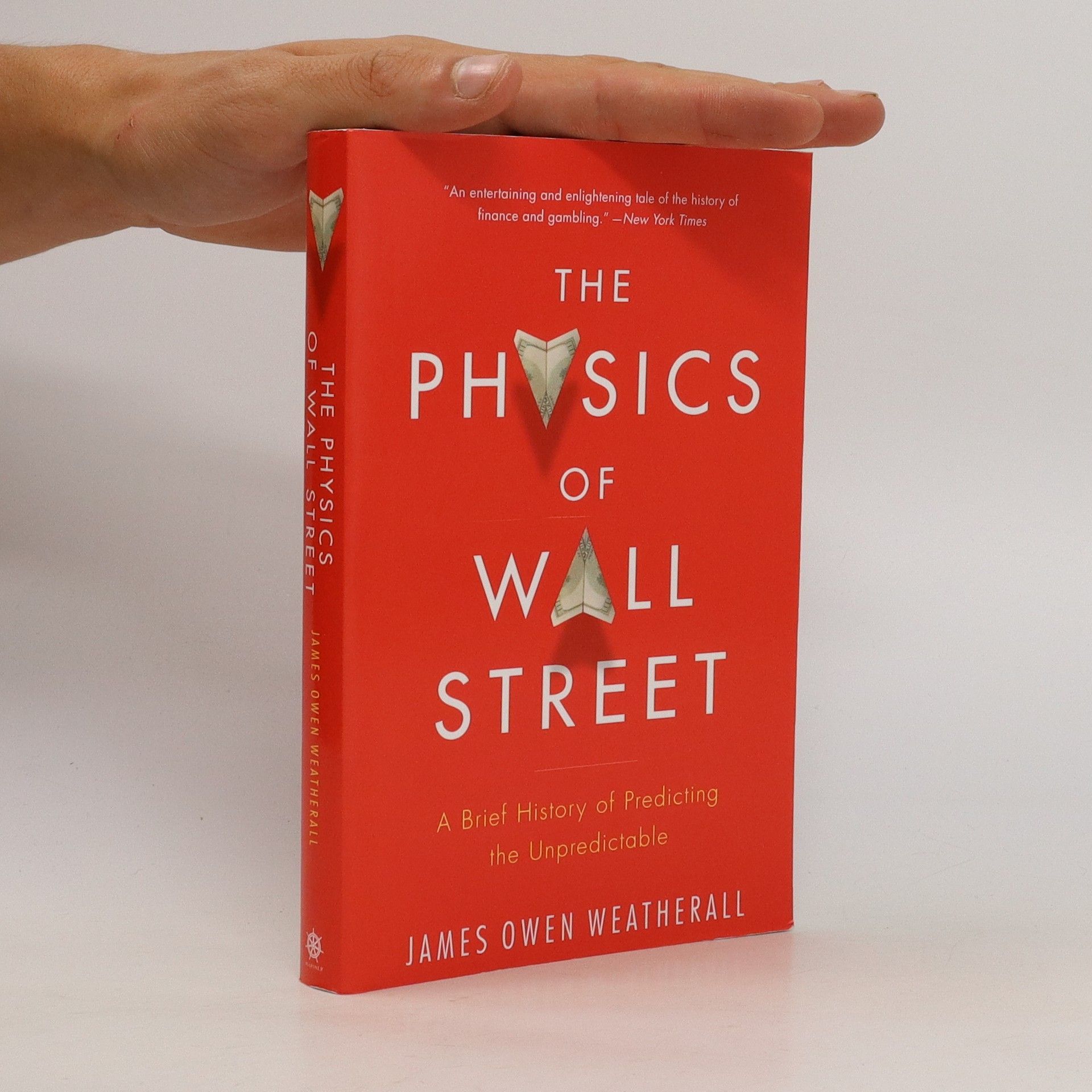Games in the Philosophy of Biology
- 80pages
- 3 heures de lecture
Introduces game theory, before assessing working using signaling games to explore questions related to communication, meaning, language, and reference. O'Connor then addresses prosociality - strategic behavior that contributes to the successful functioning of social groups - using the prisoner's dilemma, stag hunt, and bargaining games.

